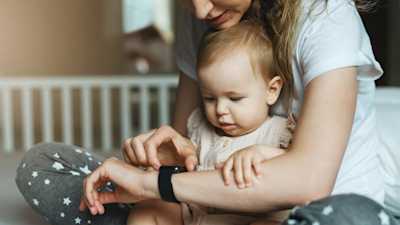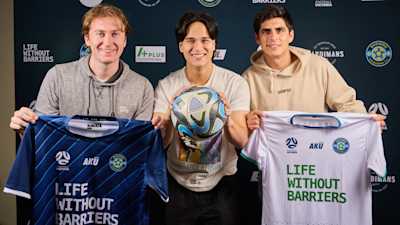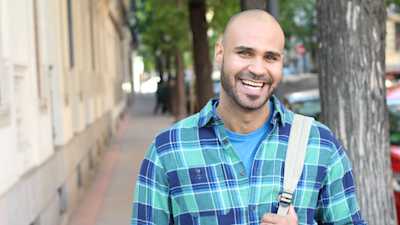Jumabhi faced what no child or young person ever should. She triumphed over hardship and today channels her tenacity and desire to help to give back to her community.
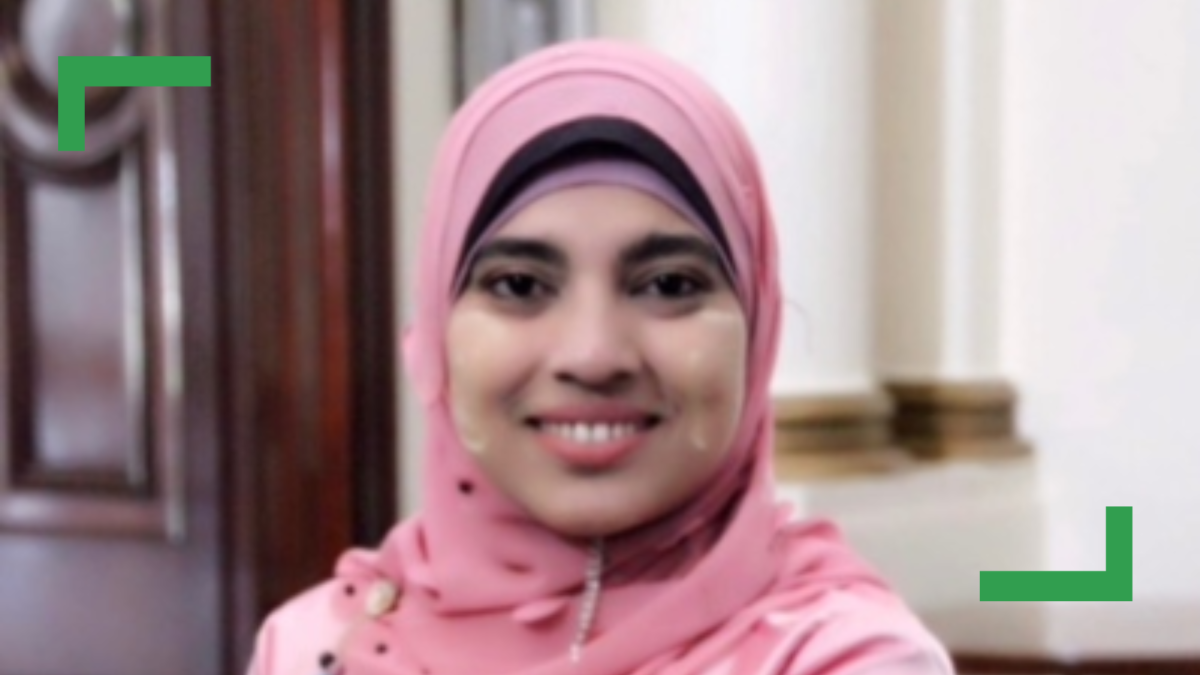
Warning, this article discusses multiple forms of trauma, including intergenerational trauma, sexual assault, and mental health.
Everyone has their own unique story to tell - today, meet Jumabhi as she shares her journey as a refugee.
Fleeing Burma
At 10, Jumabhi fled with her mother and six older siblings to Malaysia after they lost her father. As Rohingya people, it was not safe for them in Burma.
Her mother cobbled a living selling books and small items on the streets with Jumabhi's help. Jumabhi always wanted an education, but was told her education would have been at the expense of her family having food on the table.
Not recognised as citizens in Malaysia, and therefore ‘unlawful’, they constantly feared being imprisoned or worse – as child abduction and trafficking were very common.
Jumabhi gave birth to her children at home. She could not afford a hospital, and as a non-citizen, she could face imprisonment too.
“It was always hard to find food. All I wanted was for my children to be safe, cared for and educated,” Jumabhi said.
Jumabhi’s husband heard that other Rohingya families were fleeing to Australia by boat to seek asylum. They were also aware of several families in their community who had died on the journey to Australia.
“I had to make a decision between staying with my mum and siblings, or giving my children a future,” said Jumabhi.
The journey to Australia
At 17, Jumabhi found herself, with her three children, on a flimsy fisherman’s boat to Australia. Jumabhi and her husband gave all their money to a broker for passage. What lay ahead still gives Jumabhi nightmares, and even now she remains terrified of the beach.
It was a one-month journey from Malaysia to Indonesia, then a further five days to Australia. They did not eat for a month, and at one point, she had to give her children sea water to drink to survive. At times, they were pushed under planks of wood in the hull of the boat to hide from border police, feeling as though they were going to suffocate.
On the journey from Indonesia to Australia, the boat’s engine failed and the vessel started to fill up with water. Some people had life jackets, but Jumabhi and her husband were unable to afford them.
The family believed they were facing certain death as they watched men jumping off the boat in helplessness.
Luckily, they were rescued by Australian Navy personnel. Jumabhi described the freshwater they were given to drink by the navy as “the sweet water”. Her children were malnourished and terrified after being deprived of their basic needs. The family faced another two days in the boat as the Darwin refugee camp was full.
When they reached safety, Jumabhi found out her mother was in the hospital due to her distress. After not hearing from them for a month, she had assumed that Jumabhi and her family had perished at sea.
The family remained on the boat for a few more days before then arriving in offshore detention on Christmas Island. After several months, they were moved to Melbourne.
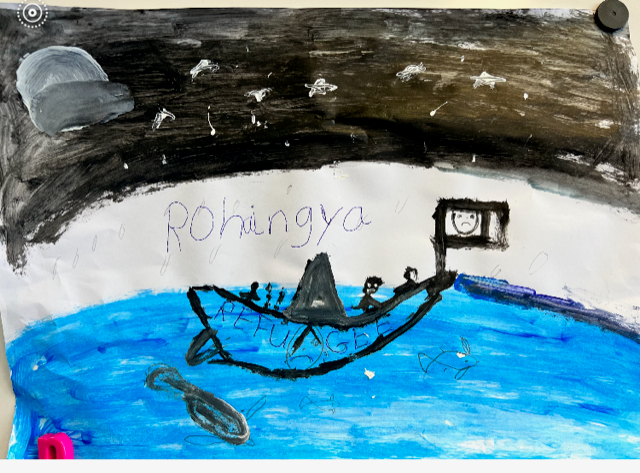
Piecing a life together with support from Life Without Barriers
In Melbourne, Jumabhi and her family connected with Life Without Barriers. Their Case Coordinator helped them to rebuild their lives from scratch in Australia: finding accommodation, accessing education and English classes, completing essential registrations, and providing other support needed to settle here.
Her Case Coordinator took Jumabhi to sewing classes in women’s programs where she sewed gowns for priests and choirs, which helped her to regain a sense of community and purpose.
Jumabhi taught herself English. She took every opportunity to give back to the community and gain skills towards self-sufficiency – including volunteer work with Red Cross, Government House programs, and at her local neighbourhood house.
She also volunteered at her children’s school. Despite not having an education herself, she supported other mothers from non-English-speaking backgrounds. The school recognised her incredible tenacity, and willingness to learn and help others, so they offered her a job as an early childhood facilitator. Jumabhi was in disbelief that she could secure such a position without formal education.
“People are proud of me, but sometimes I am not happy. I have to remember everything and store it in my brain because I can’t type or write. At work sometimes I am very worried that I won’t be able to understand,” she confessed.
“My dream is to educate and help others. I want to be a midwife."
"A lot of women and babies in Malaysia and Burma die in home deliveries because they cannot afford to go to the hospital,” she said.
With the money she earns, Jumabhi sends money to her siblings in Malaysia. Her nephews are only able to eat one meal a day and are unable to attend school.
Jumabhi shared that she believes everything is possible despite disadvantages experienced, and that “everyone should do their best”.
A persons' story is precious. We take story telling seriously. Sometimes people are able to tell their own story and we love that. Sometimes they ask us to tell their story for them. We always make sure they give us their ok and we will always honour the trust placed in us to bring their story forward.
